1
HOME > Tips & Advice >
10 ESSENTIALS FOR A WEEKEND IN THE WILDERNESS
FROM TOOLS TO NUTRITION, THE ADVENTURERS SURVIVAL GUIDE
Written by Menswear Style in Tips & Advice on the 3rd March 2015
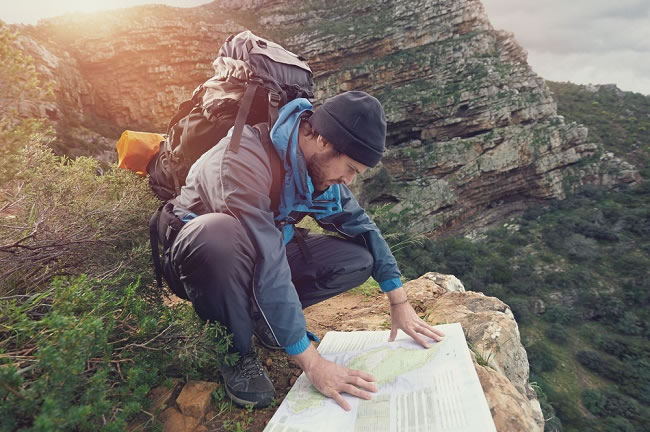
There is nothing to match the sense of freedom and exhilaration that spending a weekend in the wilderness brings. It's a wonderful opportunity to appreciate the beauty of the great outdoors, develop skills and self-reliance, commune with nature and getaway from the stresses and distractions of everyday life.
However, the wilderness must be treated with respect. It can be an inhospitable or even dangerous place to those who visit unprepared. The essentials needed to ensure a comfortable, safe and enjoyable weekend in the wilderness are all easily obtainable.
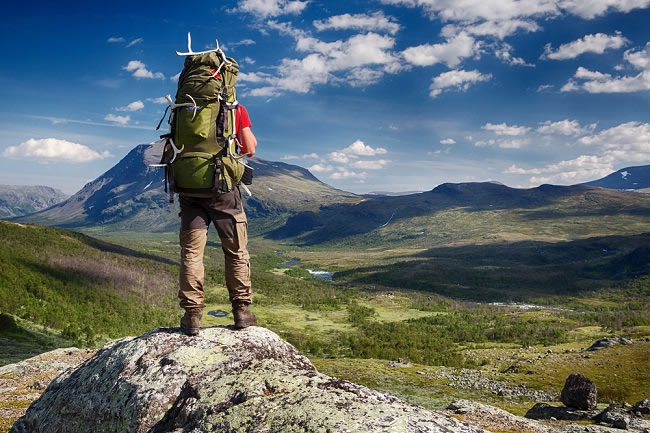
1. Navigation - A GPS receiver is useful, but it is always wise to have a back-up in the form of topographical maps in waterproof protection, along with a compass, and the knowledge to use them.
2. Insulation - Essential apparel includes a hat, gloves and changeable weather outdoor clothing such as that which can be found at Engelbert-Strauss.co.uk. That way the traveller will be ready for any climatic eventuality. It is important to stay warm and dry, so a change of clothing should be brought along in the backpack.
3. Sun protection - The sun is life-giving but it can cause great discomfort for those unprepared for it. Sunscreen is needed to protect skin, and sunglasses to keep out potentially damaging glare.
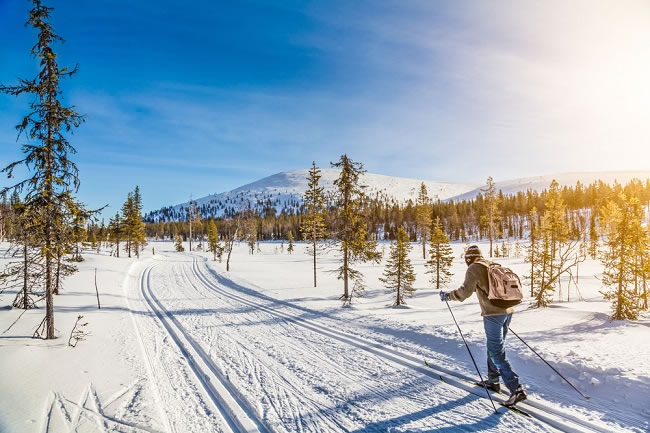
4. Illumination - It can get very dark in the wilderness at night when there's no moonlight, so a torch and some spare batteries are a must.
5. First-aid - An outdoor first aid kit, such as those available from ert-Strauss.co.uk, is excellent insurance in case of a mishap. Supplies include bandages, gauze and cleaning wipes, and there should also be a supply of insect repellent.
6. Fire - A butane lighter or matches held in a waterproof container are essential for creating fires for cooking, warmth, or as a signal in case of emergency.
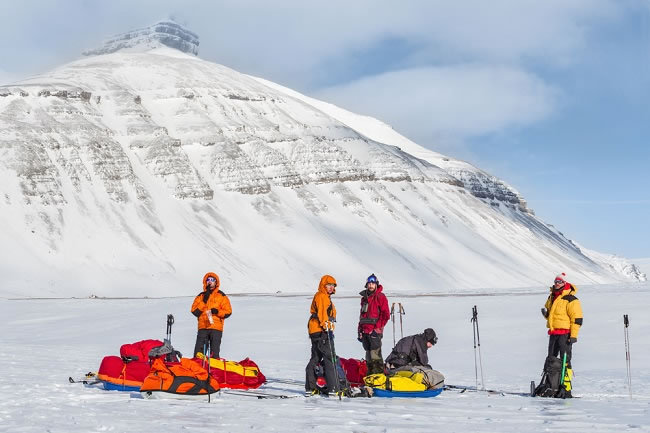
7. Tools - The number one most important item is a good quality knife, but a compact multi-tool with scissors and screwdrivers has its uses. Rope is always useful, and lightweight, strong, compact 550 parachute cord is ideal.
8. Nutrition - Dried food is preferable as it is light to carry. It is advisable to take enough for an extra day in case of emergency.
9. Hydration - It may be possible to find water en-route, but in a dry environment it is especially important to take plenty of water, along with an extra two litres in case of emergency.
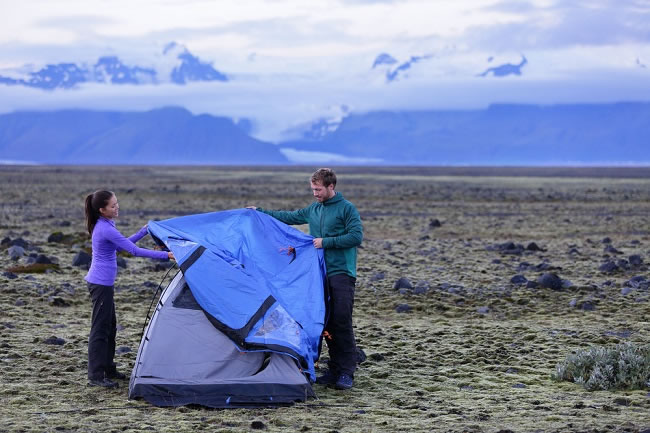
10. Emergency shelter - A tarpaulin, bivouac sack, lightweight tent or insulated sleeping bag are the best options, but even a large plastic sheet or rubbish bag will provide a shelter in which to stay dry and warm.
*Tent, Panoramic view, Hiker, Lost Hiker, Landscape images via Shutterstock
Trending
2
3
4
5
6
7
8
9
10









